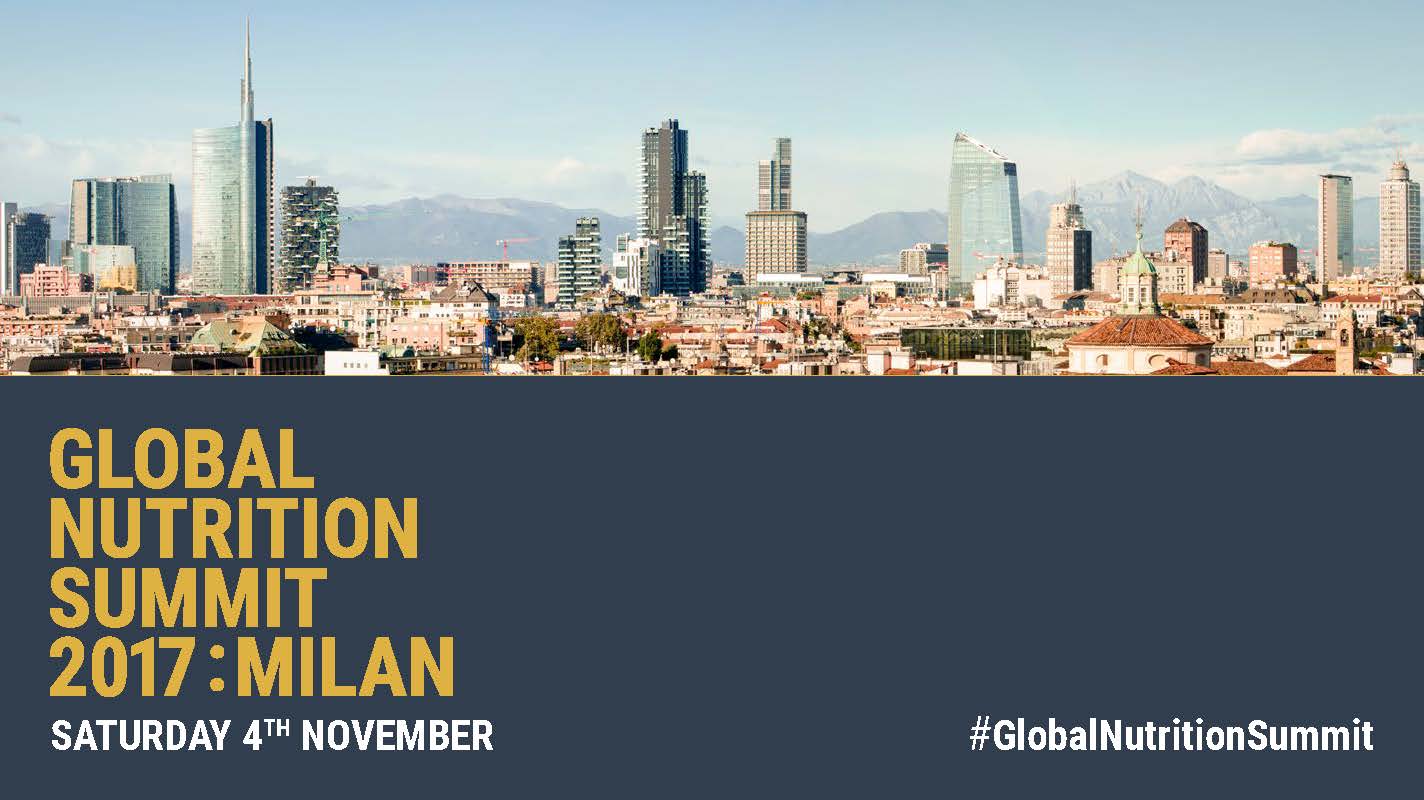US$3.4 billion committed at summit to tackle global malnutrition crisis
- US$640 million in new funding announced; philanthropies in India and Nigeria, home to highest numbers of malnourished children, pledge US$150 million
- International NGOs and World Bank extend and increase 2013 commitments with pledge to spend US$1.1 billion and US$1.7bn respectively on nutrition by 2020
- Governments including Côte d’Ivoire, El Salvador and Madagascar commit to reach additional citizens with nutrition programs
Milan, Italy – A summit to address the global crisis of malnutrition has galvanized US$3.4bn including US$640 million in new commitments, organizers said today.
The Global Nutrition Summit 2017, held in Milan, Italy, convened governments, cities, international agencies, foundations, civil society organizations and businesses to accelerate the global response to malnutrition, an underlying cause of nearly half of all global child deaths.
“The global malnutrition crisis endangers the physical and mental wellbeing of present and future generations” said Kofi Annan, speaking at the summit in his capacity as Chair of the Kofi Annan Foundation. “Progress in tackling both undernutrition and obesity is possible with targeted commitments, like those made here today. We need further urgent investments so that people, communities and nations can reach their full potential.”
The Global Nutrition Report 2017, launched at the summit, showed that, in spite of progress,155 million children globally are still stunted – they are too short for their age often due to lack of nutrients, impacting their physical and cognitive development – and the world is off track on meeting internationally agreed nutrition targets. Financing to tackle malnutrition has been alarmingly low. Donors spend less than 1 percent of overseas aid on nutrition, and countries allocate between one and two percent of their health budgets to the issue.
“When nutrition is at the top of the agenda, countries can tap into their full potential,” said Melinda Gates, co-chair of the Bill & Melinda Gates Foundation. “Today’s summit made it clear that the world understands this. These commitments bring us one step closer to a future in which every child not only survives, but thrives.”
New commitments announced at the Milan summit included:
- US$100 million by 2030 from the Eleanor Crook Foundation, a U.S. based family philanthropy
- Up to 100 million Swiss Francs (US$100m) over five years from The Family LarssonRosenquist Foundation, a Swiss foundation dedicated to promoting breastfeeding
- US$100 million over five years from the Aliko Dangote Foundation, the philanthropic organisation of Aliko Dangote, founder and Executive Chairman of the Nigerian Dangote group, Africa’s largest homegrown conglomerate, to reduce the prevalence of undernutrition by 60 percent in targeted areas of Nigeria.
- US$50 million over five years from Tata Trusts, a public health Indian philanthropy, reaching over 10 million under-fives and 300,000 pregnant and breastfeeding women
- US$33 million in 2017 from King Philanthropies, a U.S. based family philanthropy.
- US$150 million over five years from The Power of Nutrition, a fund dedicated to tackling undernutrition in children
- The Nepal-based Chaudhary Foundation committed to reach 1 million vulnerable people with nutrition and health related interventions over the next 5 years
“The commitments secured today are another step on the journey to ending hunger and malnutrition around the world” said William Moore, Executive Director of the Eleanor Crook Foundation. “Our foundation is built on Eleanor Crook’s intense resolve that every human being has the right to a life without hunger. Our funds will focus on research, capacity building and advocacy for good nutrition—a powerful tool in the fight to end extreme poverty and achieve all the Sustainable Development Goals by 2030.”
Several affected countries, including Côte d’Ivoire, El Salvador and Madagascar, also made commitments to expand domestic programs to improve nutrition for mothers and children. World Bank analysis in 2016 found that an additional, initial investment of US$3.7bn a year is needed to make progress toward the global targets for stunting, anemia in women, exclusive breastfeeding and the scaling up of the treatment of severe wasting.
“Malnutrition is not about a lack of food, but rather a lack of nutritious diets,” said Graça Machel, Founder of the Graça Machel Trust and speaker at the Summit. “When women are well-nourished, future generations benefit. This is a collective responsibility and if we are to enhance our chances of achieving the Sustainable Development Goals, government, the private sector, the development community and civil society, needs to come together and approach malnutrition as a developmental priority in a more integrated way.”
International Development Minister Lord Bates, also speaking at the Summit, said: “The UK is leading the international push to tackle undernutrition, giving both individuals and countries a path to a better future and releasing them from poverty and aid dependency. We are honouring all the commitments made at the London Nutrition for Growth Summit in 2013, including £575m on nutrition specific programmes, and we are already over half way to meeting our target to reach 50 million people by 2020. In 2013 the UK committed to release up to £280 million in matched funding for nutrition programmes, as a way of incentivising others to follow our lead, and I am pleased to announce today we are unlocking all our funding.”
The Global Nutrition Summit was the first global forum of the United Nations Decade of Action on Nutrition (2016-2026) which is co-led by the World Health Organization and the Food and Agriculture Organization.
“It’s inspiring to see more countries commit to investing in better nutrition,” said Dr Tedros Adhanom Ghebreyesus, Director-General of the World Health Organization. “This is one of the most basic steps to improving health and promoting development. I look forward to seeing more countries committing funds as part of the Decade of Action on Nutrition.”
José Graziano da Silva, Director General of the Food and Agriculture Organization said: “Ending all forms of malnutrition must become the basis of a new social contract in which no one is left behind. The Decade of Action on Nutrition calls us all to action to reach this goal.”
The summit highlighted the potential role of cities in the creation of better food systems for their citizens, highlighting the Milan Urban Food Policy Pact, an international pact signed by 159 cities from all over the world with more than 470 million inhabitants. It aimed to build on the legacy of the first Nutrition for Growth conference held in London in 2013, which mobilized over US$4 billion for nutrition projects, and US$19 billion for projects that improve nutrition via projects in other sectors such as agriculture, water and sanitation.
Ends.
Media contact: Helen Palmer, Weber Shandwick, on hpalmer@webershandwick.com and +44 (0) 7912 242394.
About the Global Nutrition Summit 2017: Milan
The Global Nutrition Summit 2017 is being held in collaboration with the Italian Ministry of Health and City of Milan and in close partnership with a number of international stakeholders including the U.K.’s Department for International Development, the World Health Organization, the Food and Agriculture Organization of the United Nations, the Bill & Melinda Gates Foundation and the International Coalition on Advocacy for Nutrition. It was convened with the objective of taking stock of nutrition commitments made to date, celebrating progress toward global goals on nutrition, and announcing additional commitments to accelerate the global response to malnutrition in all its forms.
About the Global Nutrition Report 2017
The Global Nutrition Summit was also the platform for the launch of the 2017 Global Nutrition Report, an independently produced annual stock-taking of the state of global malnutrition. For more information, please visit www.globalnutritionreport.org

